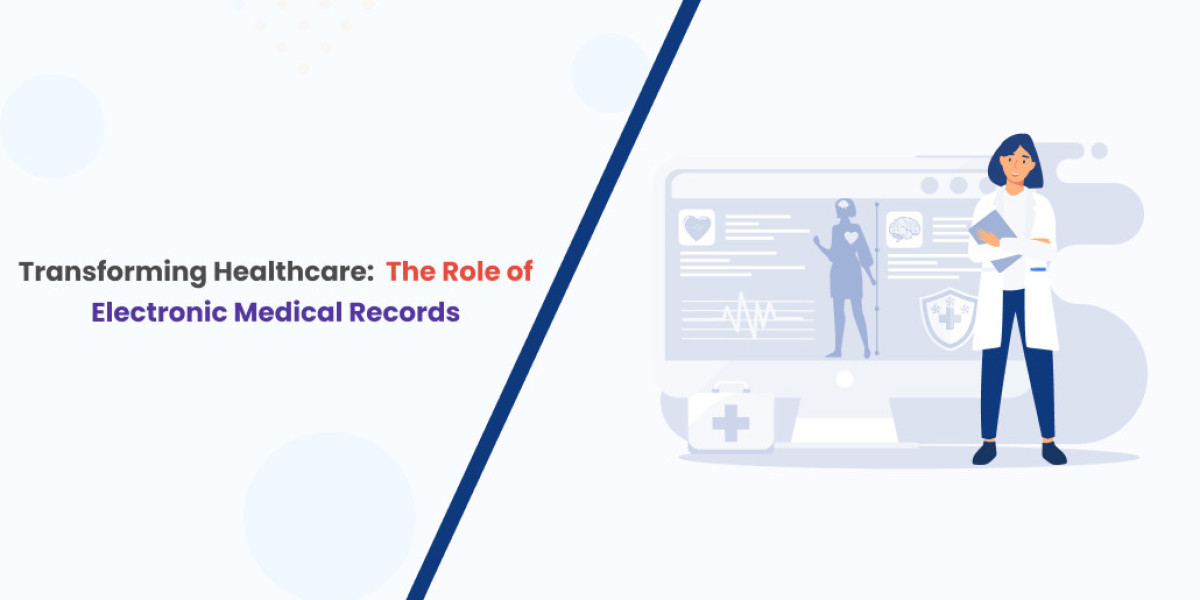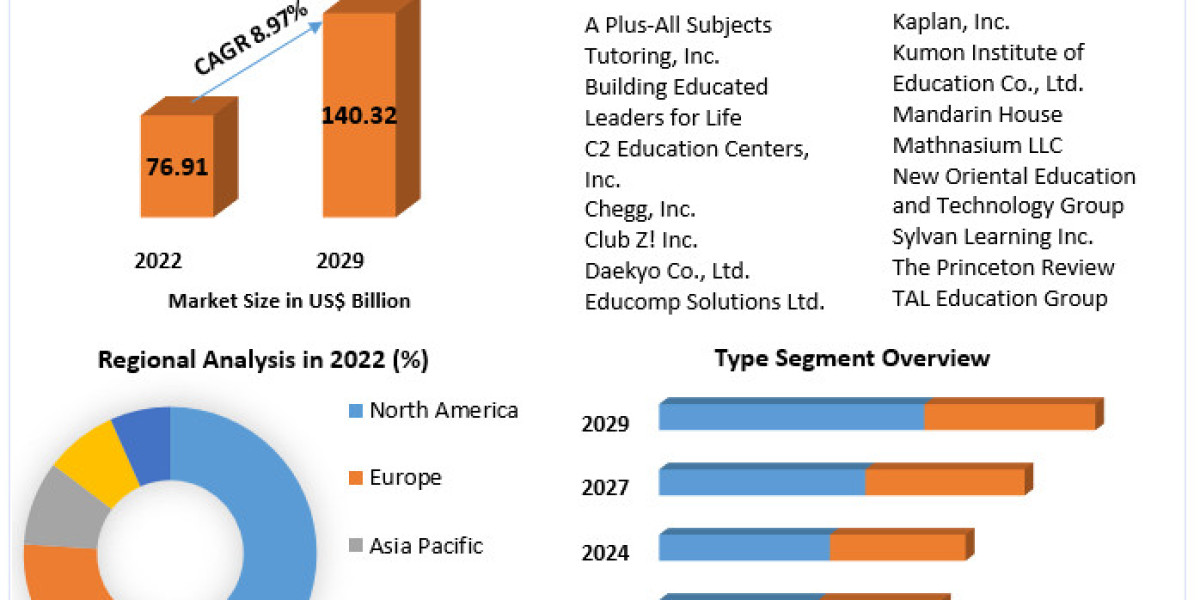Introduction:
As the healthcare field is going through an unprecedented edition today, electronic health records integration takes the leading place in the improvement of the care system. These digital solutions are a big shaker for the way patient information is recorded and used, and it is the new era of services that are much more dynamic, accurate, and patient-centered. The center of this revolution is electronic medical records software that performs several tasks seamlessly while also giving the healthcare provider the ability to provide evidence-based services to each patient.
Along with the process of optimal healthcare delivery, we need to bring a human element to the discussion where EMR/EHR systems play prominent roles. The thinking of AI and robotics goes beyond what technical development does and QED it is a new paradigm for a more compassionate and holistic approach to patient care.
Additionally, going beyond the conversion of paper files to electronic medical records systems also shows the dedication to understanding better and respecting the patients. The adoption of such technology that ensures interoperability, data security, and easy-to-use interface is assuring since it tells healthcare institutions that they are committed to serving their patients.
Understanding EMR and EHR
Deep comprehension of Electronic Medical Records (EMR) and Electronic Health Records (EHR) is an indispensable cog in a machine for exploring the revolutionary reach of the healthcare sector.
Holistic Patient Information Management: The EMR records not only are a patient's medical history, diagnoses, medications, treatment plans, dates of immunization, allergies, radiological images, and laboratory test results but also they are in a digital format. Records of hospitals, ERs, or clinics, which on the contrary are systems gathering information meaningful to one single healthcare provider or parties, encapsulate the patient's health information more or less regardless of the healthcare organization.
Interoperability and Accessibility: The top best electronic health records software, makes the process of information exchange between different doctors effortless, which maintains a high level of coordination among the care providers. Now patients can get access to their HERs which are private. They can take responsibility for their health care as well.
Efficiency and Accuracy: This availability of the Best AI-Enabled EMR In India system affords the appointment booking, billing, and coding tasks of a medical office with easier access and reduction in paperwork and possible errors. Respect for the patient’s autonomous decision, however, is a critical issue in medical ethics. Healthcare professionals can get data from patients instantly, and that information can be used to help a healthcare professional decide at the appropriate time.
Enhanced Communication and Collaboration: An electronic record system makes it possible to ensure the electronic exchange of information among all health team members, jointly working on improving patient care. Supervisors can show instant information to update the team, work out a good treatment plan, and monitor the patients' progress at a faster pace.
Improved Patient Outcomes: The obvious benefits to electronic medical records go miles, in improving patient care by ensuring proper coordination, accuracy, and accessibility. For the sake of evidence-based and personalized care, healthcare providers need to equip themselves with comprehensive and up-to-date records to give them the tools to troubleshoot and put together a holistic healthcare plan for every patient.
The Future of Healthcare: Innovations in EMR Technology
EMR technology spawned a new generation of healthcare, that combined intuition, expertise, and convenience into one case, while being empowered by new technologies, allowing physicians to focus on the actual needs of a patient.
AI-Enabled EMR Systems: The amalgamation of artificial intelligence (AI) into an EMR technology signifies the launch of a revolution in the healthcare sector, which showcases high precision of diagnosis, and prediction of outcomes, and offers treatment optimization. AI-enabled systems that can learn from huge datasets offer crucial personalized insights as well as guidance thus enhancing decision-making by medical professionals in the population at a faster and well as confident level.
Online Electronic Medical Records: The evolution of web-based EMR systems provides unlimited access to patient records for 24/7 consultations. The patients may in a secure mode treat their healthcare givers, book appointments, renew their prescriptions, and get their medical records by sitting comfortably in the convenience of their smartphones/computers. This inclusive nature pushes patient involvement to a higher level and achieves better healthcare results by building lasting partnerships between patients and providers.
Hospital Management Systems: EMR-integrated applications are leading Hospital Management System towards optimum management by reducing administrative workload, improving staff resources, and better patient referrals. These robust systems play a crucial role in unifying critical patient data and relieving interdepartmental communication problems by largely improving the overall quality of care.
The Human Touch in Digital Innovation: Though technological improvements are shaping the future of health, which they surely are, it is still necessary to humanize how the decisions are being made around online electronic medical records technology. First of all, promise to help patients improve their level by affecting not only the disease but also the quality of life, establishing the trustful patient-doctor relationship, and making sure that the human element is always in the first row of medical services.
Conclusion:
The revolutionizing of healthcare through information technology particularly within the use of the electronic medical records in healthcare is not only a digital change, but a human-focused revolution dedicated to improving patient care, reducing their chances of getting a disease, and the harmonization of health systems.
We strive to have an AI-driven EMR and HMS in place in the fast-approaching future. We should always make it clear that there is a person behind every code line and every digital interface whose end goal is the comfort of patients. It's this way not only the means to reinforce the existing processes, rather it is the way to give more power to the healthcare workers so that they are better able to give individualized care with a personal touch.
In EMR Software In India, the hunt for the smartest AI-driven EMR systems alludes to the desire to leverage the most sophisticated technology in overcoming healthcare hurdles and filling the gaps in the reliability and quality of services rendered. Through the use of such modern instruments, healthcare professionals can cut down on the limitations imposed by geographical reality, offer services to the areas unserved, and ensure that everyone receives the treatment they deserve.








